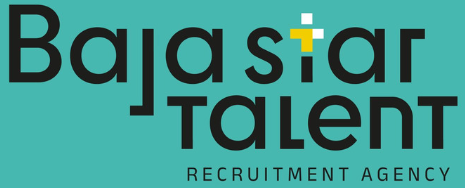Nolan Church, former recruiter at Google, says that sentences like “I am a perfectionist” are red flag for those who need a team.

You managed to pass the filters, to be chosen among hundreds of candidates, and now it’s time for the job interview. This is extremely important, and many people get nervous and lie. Some, when asked about their greatest weakness, mention qualities, such as perfectionism. Or when asked to name a virtue, they get lost in vague comments or make statements that could exclude them.
There are a few behaviors you’ll want to avoid, such as moving too much, putting hands to the mouth, avoiding eye contact, or displaying a lot of anxiety. And there are phrases that could turn your interviewer off. Some are “major red flags,” says Nolan Church, former recruiter at Google and CEO of salary data company FairComp.
‘I work too hard’ or ‘I’m a perfectionist’
It sounds that you have nothing to learn and no one is enough for you. Remember, “I’m not hiring you to be perfect,” Church says. “I’m hiring you to grow with us.” Instead of these empty phrases, Church recommends giving an example of a mistake you made, what you learned from it and how you improved going forward.
‘Anything that transfers blame’ is a turn off
Don’t say anything negative about people and companies you’ve worked with. Whether it’s a former colleague, manager or company, “anything that transfers blame from you to someone else” sounds bad, says Church.
This indicates that you are unable to maintain discretion about the company that entrusted you with their confidence. And that all the bad things are other people fault.
“The people you want to work with take full ownership and accountability” of what they’ve done in the past, he says, even if you messed up. Taking responsibility indicates you’re humble enough to admit you’re not perfect and that you’re willing to learn from your mistakes and get better.

‘I don’t know’
Finally, avoid answering questions with “I don’t know.” When he hears that, Church thinks, “okay, so, like, conversation’s over? You’re not going to solve these problems?” he says.
Especially as it pertains to young people just starting their careers, it’s possible you don’t have a lot experience or anecdotes to draw from and give concrete examples of what you’ve been able to accomplish. In those scenarios, “it’s okay to say, ‘I don’t know, but here’s how I’d figure it out,’” he says. Give some examples of how you’d tackle the problem hypothetically to show you’d be proactive in moving forward.
If you get the job, “we’re paying you to go solve this problem” they’re presenting, he says. Even in the interview, you’ll have to prove that you can do that.
